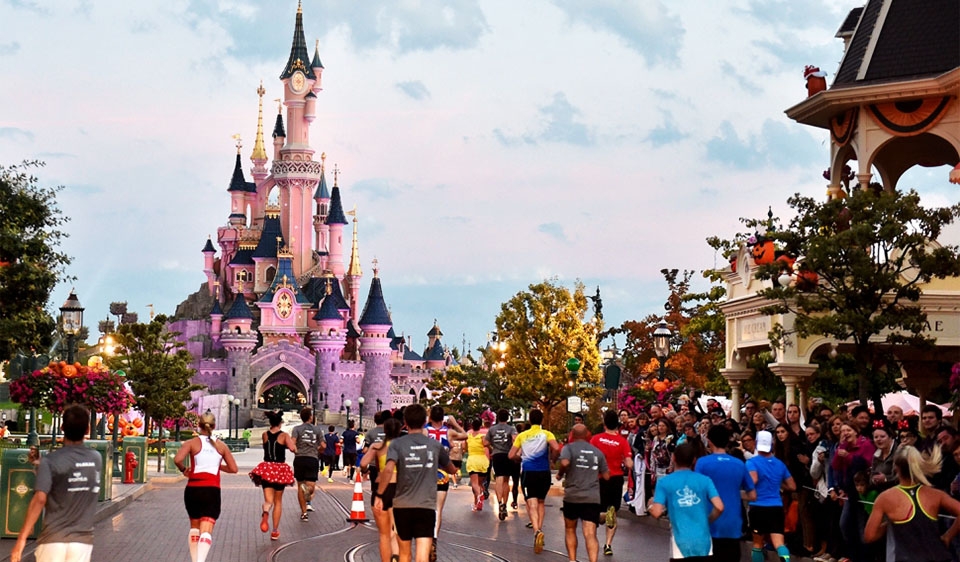
Kayla Casavant | Staff Columnist
Disneyland Paris recently issued an apology after a British mother claimed that her three year old son was denied participation in their “Princess for a Day” experience because he was a boy, The Guardian reported on August 30.
According to NBC News, Hayley McLean-Glass wrote an email to the Disneyland Hotel asking if her son Noah could participate in the event. McLean received an email back reading, “At this time, it is not possible to book princess for a day for a boy.”
Despite McLean’s interest, the company turned down a paying customer due to the child’s sex. A Disney employee decided that it was inappropriate for a three-year-old to be himself.
On McLean’s blog, Stretchmarks & Sparkles, she wrote, “I didn’t force my child to try on an Elsa dress….he chose it for himself. (sic)” McLean went on to explain that her youngest son has always loved princesses, and dresses and she knew that he would enjoy the experience.
“This isn’t even a gay/straight debate…this is a child, who wants to be just like his favourite character,” wrote McLean.
According to the same NBC article, Disneyland issued a statement to ITV News. In this statement Disneyland Paris wrote that the reply to McLean was,“an isolated incident,” and “the cast member’s response is not reflective of any policy or belief held here at Disneyland Paris.”
The controversy has sparked intense discussion across the globe, with pundits and daytime talk show hosts alike offering up up their take on the story.
The incident is surprising, given Disney’s history as a progressive institution in regards to gender and sexuality. For example, the organization has been hosting pride events at its theme parks for over twenty years.
Many have criticized McLean for even attempting to bring her son to the event. Voices worldwide claimed that it was wrong, inappropriate and maybe even abusive for McLean to encourage her son’s affinity for princesses.
It is bizarre that in the present day society as a whole continues to gender everything. Masculinity and femininity are seen as two opposing sets of characteristics reserved for biological males and biological females, respectively, and that’s just not accurate.
The role gender norms play in our lives starts early, often before we are born. Many expecting parents wait to find out whether their child will be a boy or a girl before decorating the nursery. When they announce to their friends that they will be having a son, a room with blue walls begins to fill with trucks and toy tools. When they announce they will be having a daughter, a pink room is filled with Barbie dolls, princess tiaras and tutus.
Once a child is born, this indoctrination into the idea of what it means to be male or female continues. Many little girls are signed up for beauty pageants and ballet lessons. While little boys themselves stuffed into football pads and baseball gloves. There is nothing wrong with these activities, but there is something wrong with assuming what children will like before they have been given an opportunity to decide for themselves.
What a person loves does not depend exclusively on his or her assigned sex. Many people continue to struggle with this concept. A young boy who enjoys dresses is not making a political statement; he is simply being himself. The fact that a kid who just wanted to have a good time doing something that makes him happy was denied that opportunity as a result of somebody’s arbitrary idea of what is permissible for boys is preposterous.
A three year old child should not have to justify what he likes to anybody. It has become increasingly more socially acceptable for young girls to pursue more traditionally masculine interests. Inversely, the same is not true. For men of any age, it is extremely taboo to enjoy anything that might be considered feminine.
There is nothing wrong with a three year old enjoying a “Princess for a Day” experience. Disney did apologize but it should never have happened in the first place. A corporation that is known for pioneering diversity and inclusion initiatives should have all of it’s employees, particularly those who deal directly with the public, on the same page.
Disneyland Paris has to do better. Society has to do better.
What is between a person’s ears does not rely upon what is between their legs, and why should it?



